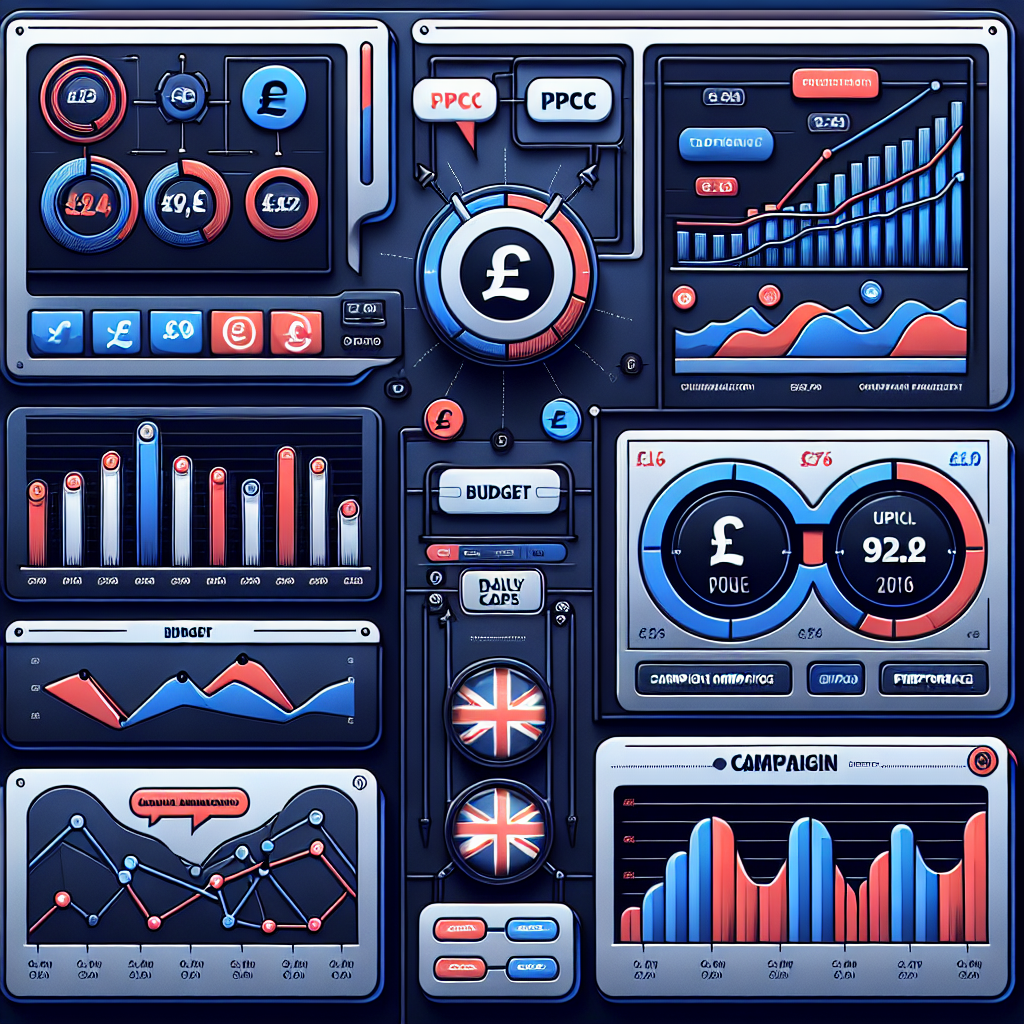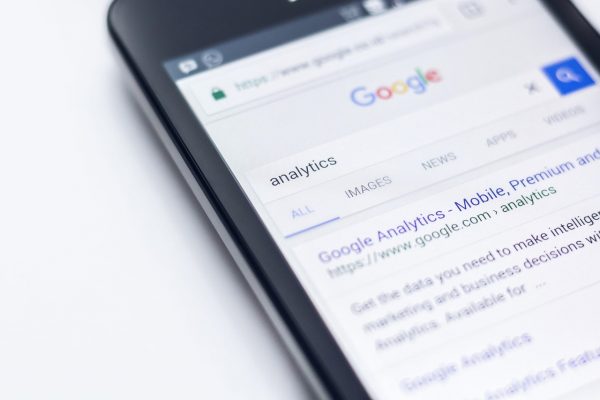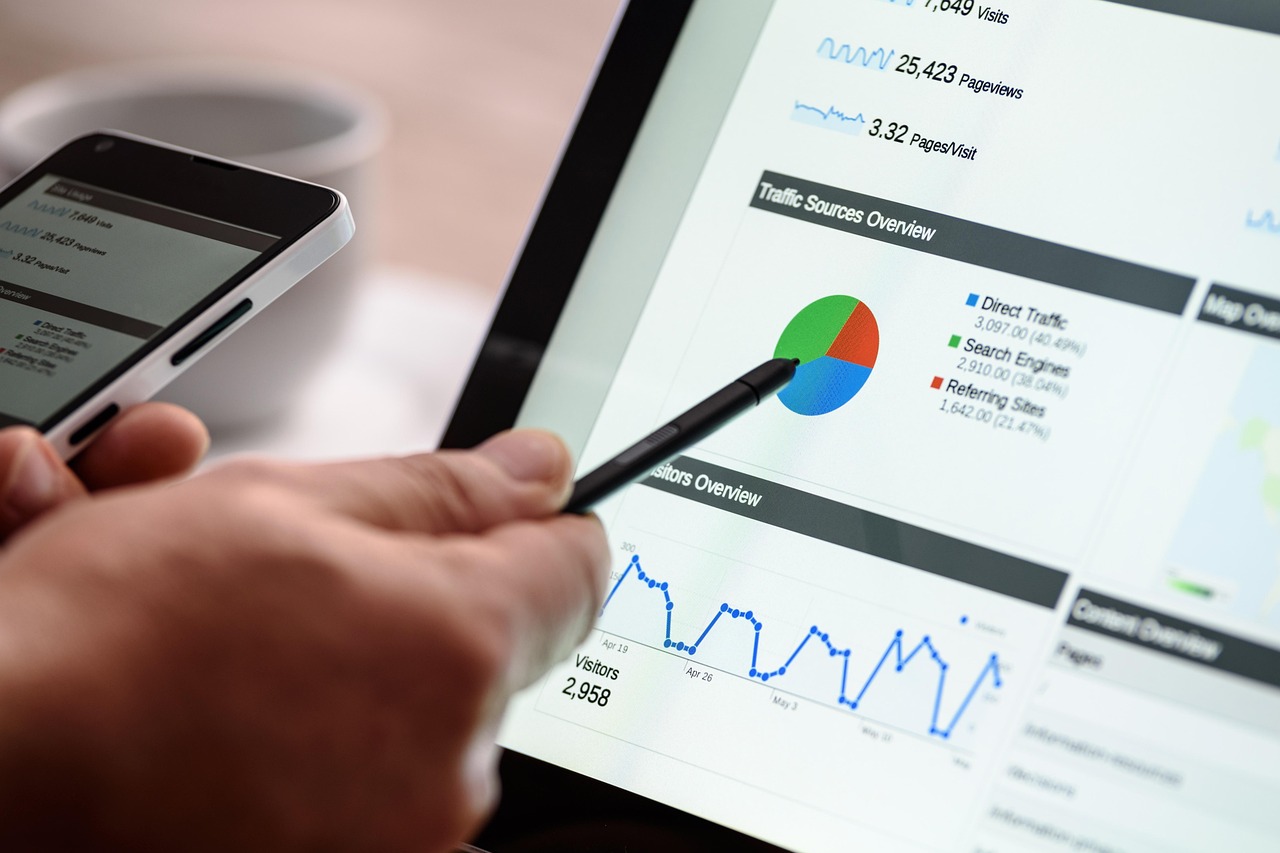

Top PPC Strategies for Smarter Ad Spend Control
When running Pay-Per-Click (PPC) campaigns, controlling ad spend without sacrificing performance can feel like walking a tightrope. However, UK marketers have more tools than ever to fine-tune their PPC strategies and get the best bang for their buck. What if you could harness smart bidding, leverage your own first-party data, and maintain tight control on campaign budgets. All while optimising performance? This guide explores the most effective approaches that make this not just possible, but practical.
Using Smart Bidding Strategies and Automation to Improve ROI
Smart bidding represents a game changer. By using AI-powered PPC automations powered by machine learning, your campaigns adjust bids in real time based on signals like device, location, time of day, and user behavior. Instead of manually micromanaging bids, smart bidding makes data-driven decisions to maximise conversions or target a specific return on ad spend (ROAS).
There are several smart bidding options, each with its own focus:
- Target CPA (Cost Per Acquisition): Automatically sets bids to get as many conversions as possible at your target cost.
- Target ROAS: Optimises for the highest conversion value while maintaining a target return.
- Maximise Conversions: Uses your budget to generate as many conversions as possible.
- Enhanced CPC: Adjusts manual bids to try to increase conversions.
Deploying the right strategy depends on your campaign goals and historical data. Starting with manual bidding and gathering sufficient conversion data before shifting to smart bidding usually yields the best results. This approach minimises risks and maximises the automation benefits.
Smart bidding does require consistent data flow and careful monitoring. However, when executed properly, it cuts down wasteful spend significantly while ramping up campaign effectiveness.
How to Leverage First-Party Data for Better Audience Targeting
Owning your first-party data offers a powerful competitive edge. This data. Collected directly from your audience through your website, apps, or CRM. Provides deep insights into user behaviour and preferences without relying on third-party cookies.
First-party data strategies allow for more precise audience segmentation in PPC campaigns. Consider creating audiences based on:
- Past website visitors interested in specific products or services
- Customer lists imported into platforms like Google Ads or Microsoft Ads
- Users who engaged but didn’t convert. Perfect for remarketing
With higher-quality audience data, your ads become more relevant, making every click more likely to convert. The added benefit is better compliance with privacy regulations since this data is gathered with user consent.
Using first-party data also enhances machine learning models behind smart bidding by feeding them dependable signals. The combination drives smarter optimisation and ultimately leads to improved ROI.
After all, isn’t reaching the right people at the right time exactly what every advertiser wants?

Smart bidding automation adjusting bids in real-time to optimize PPC campaigns in the UK market
Implementing Campaign-Level Budget Management Effectively
Balancing budgets across PPC campaigns can be a tough task. You want to capture every opportunity without blowing through your ad spend too quickly. That’s where campaign-level budget management shines.
Start by setting clear budget limits tailored to each campaign’s priority and expected performance. Avoid lumping your entire PPC budget into one broad campaign. Instead, break it down by product line, geography, or audience type.
Key tips for effective budget management include:
- Use daily and monthly spend caps: These set firm boundaries to protect against overspending.
- Allow flexibility for high-performing campaigns: Reallocate budget dynamically from underperforming campaigns.
- Monitor spend versus performance: Keep an eye on Cost Per Acquisition and adjust budgets to funnel money towards campaigns delivering the greatest value.
This hands-on approach to budgeting stops money from leaking into low-impact areas and ensures resources fuel campaigns that drive business outcomes.
What about automation? Platforms like Google Ads offer PPC budgeting strategies that allow rules-based adjustments and alerts when campaigns approach budget limits. They provide a helpful safety net while ensuring your hands remain on the wheel.

Effective campaign-level budget management visualized on a digital PPC dashboard for UK marketers
Tips for Monitoring PPC Performance Without Overspending
Keeping tabs on your PPC campaigns is crucial. Yet how can you ensure vigilance without burning through budgets in the process?
The secret lies in smart monitoring tools combined with disciplined budget pacing:
- Set automated alerts for spend thresholds and unusual performance dips or spikes.
- Use performance dashboards that consolidate key metrics like click-through rate (CTR), conversion rate, and Cost Per Click (CPC) in one view.
- Schedule regular performance reviews weekly or biweekly, rather than constant real-time checks which can lead to reactionary spending.
- Employ budget pacing techniques that evenly distribute ad spend over a given period, preventing early depletion.
Understanding Google AdWords performance data analysis can transform how you manage PPC accounts. Tools powered by AI offer predictive insights to anticipate performance trends before they become issues.
Ultimately, control over your PPC spend reflects your understanding and reaction to data patterns. The more informed you are, the more efficiently you allocate every pound.
Frequently Asked Questions
What is the primary benefit of smart bidding in PPC?
Smart bidding automates the bid adjustment process using machine learning, improving efficiency by targeting bids that maximize conversions or desired return on ad spend, reducing wasted spend.
How does first-party data improve PPC targeting?
First-party data provides accurate audience insights collected directly from your users, enabling more precise segmentation and personalised ad delivery while adhering to privacy standards.
Why is campaign-level budget management important?
Dividing the budget into campaigns tailored by priority and performance allows better control, preventing overspend on low-performing ads and allocating funds where they generate the best results.
What tools help monitor PPC without overspending?
Performance dashboards, automated spend alerts, AI-driven monitoring tools, and budget pacing strategies enable effective tracking and budget management without constant manual oversight.
Can smart bidding work without prior conversion data?
Smart bidding performs best with historical conversion data to inform algorithms. Starting manually and gathering data before transitioning to automated bidding is recommended for optimal results.
Wrapping Up: Smarter Spending Starts with Smarter Strategies
Managing PPC campaigns effectively requires balancing innovation with control. Embracing smart bidding reduces guesswork and automates optimisation, while leveraging first-party data sharpens audience targeting with privacy-respectful insights. Careful campaign-level budgeting ensures your spend is intentional, and monitoring tools provide the oversight necessary to adjust course without waste.
Each of these elements contributes to a smarter, leaner PPC workflow. One where every pound spent is accounted for and aimed at delivering maximum return. The question isn’t whether you can control your PPC spend effectively, but how soon you’ll implement these proven strategies to do so.
Ready to transform your PPC approach? Start adopting these tactics today, and turn your ad spend into an investment that fuels sustainable growth.







